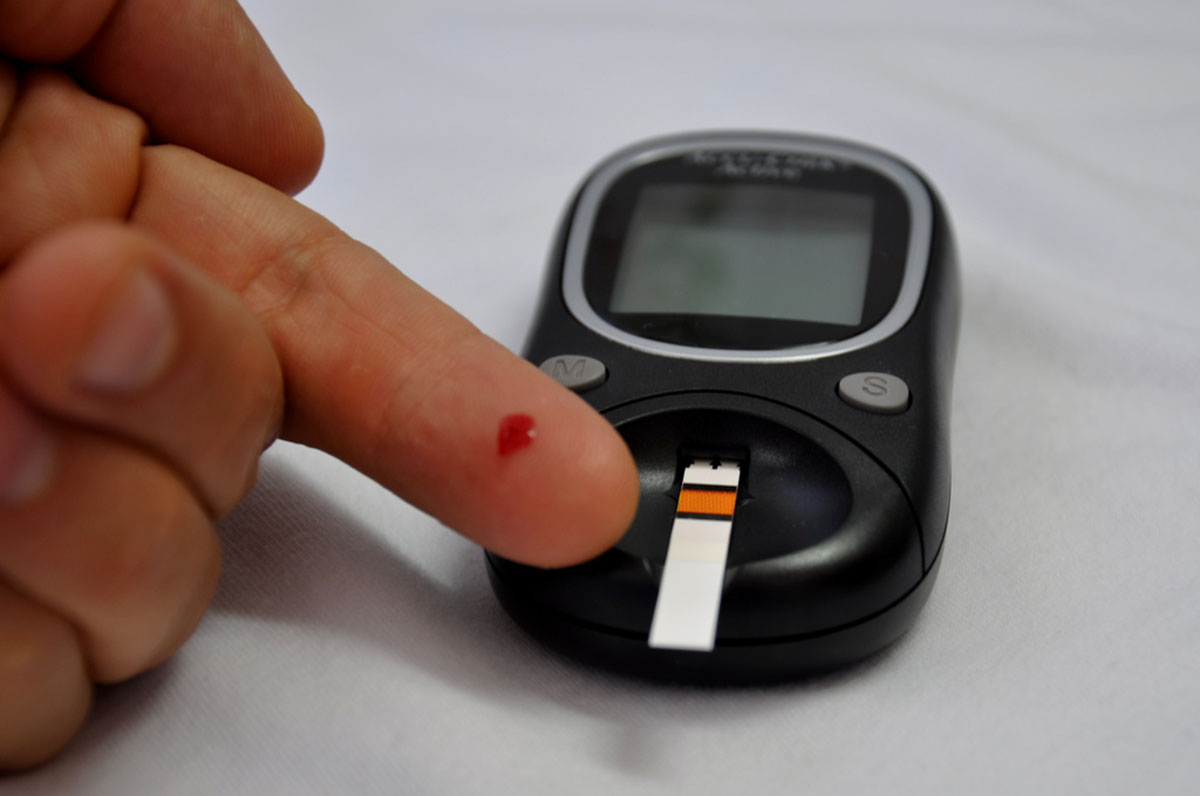Table of Contents
If the only thing eating too much fructose did to your body was to cause your liver to make too much fat, that would detrimental to your health, but not devastating. When non-alcoholic fatty liver disease, also known as non-alcoholic hepatic steatosis or NASH, causes the accumulate so much fat that it "infiltrates" liver tissue, there can be abdominal pain, nausea, vomiting, weakness, and depression. If the condition isn't addressed over a period of years, there can be fibrosis of the liver, cirrhosis of the liver, and in some cases liver failure or liver cancer.

Fatty liver disease isn't the only problem that can result from the insulin resistance that is triggered by eating too much fructose. An even bigger problem with insulin resistance is that it causes even more insulin resistance. The liver shuts down to glucose, its usual fuel source, when it receives too much fructose. That glucose stays in the bloodstream. Other tissues in the body, especially the muscles, likewise shut down their insulin receptors as blood sugar levels go up. That makes blood sugar levels go up some more. The pancreas, in the early stages of type 2 diabetes, continues to try to make enough insulin to get blood sugar levels down, and from time to time it is successful.
If you don't eat for 10, 12, or 15 hours, such as overnight, then your blood sugar levels may temporarily fall to normal. Your fasting blood sugar test may not tell you anything is wrong. However, the very next time you eat, the process starts all over again. Eventually your the insulin-making beta-cells in your pancreas "burn out." They become depleted so that your pancreas can't make enough insulin to normalize blood sugar levels. Doctors used to give early-stage diabetics medications that forced the pancreas to make insulin, but these just made the process of "burn out" come all the earlier. Diabetics who never get their sugar habit under control reach a point that they have both type 1 and type 2 diabetes: They need injected insulin, but they need huge amounts of injected insulin because they are both insulin-dependent and insulin-resistant.
The only way to avoid these problems is to stop eating sugar. Yes, a little sugar every day probably wouldn't be a problem. However, diabetics tend to fool themselves about the amount of sugar they actually eat. Most studies have found that dieters fail to remember about half of the calories they consume. If you can't discipline yourself to a single 100-calorie indulgence every day, it's better to give up sugar entirely so you don't feed the insulin resistance that can eventually make you dependent on large doses of insulin to stay alive.
- Shalev A. Keeping tabs on fructose. Elife. 2016 Oct 11. 5. pii: e21263. doi: 10.7554/eLife.21263. PMID: 27725088.
- Photo courtesy of Michael Stern: www.flickr.com/photos/68711844@N07/15823753655/
- Photo courtesy of v1ctor: www.flickr.com/photos/v1ctor/10871254373/
- Photo courtesy of Michael Stern: www.flickr.com/photos/68711844@N07/15823753655/


Your thoughts on this